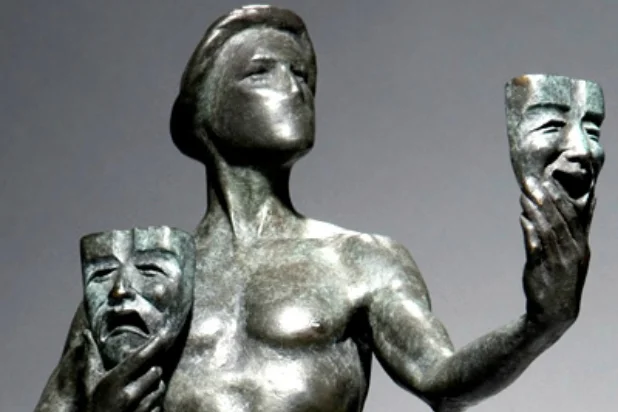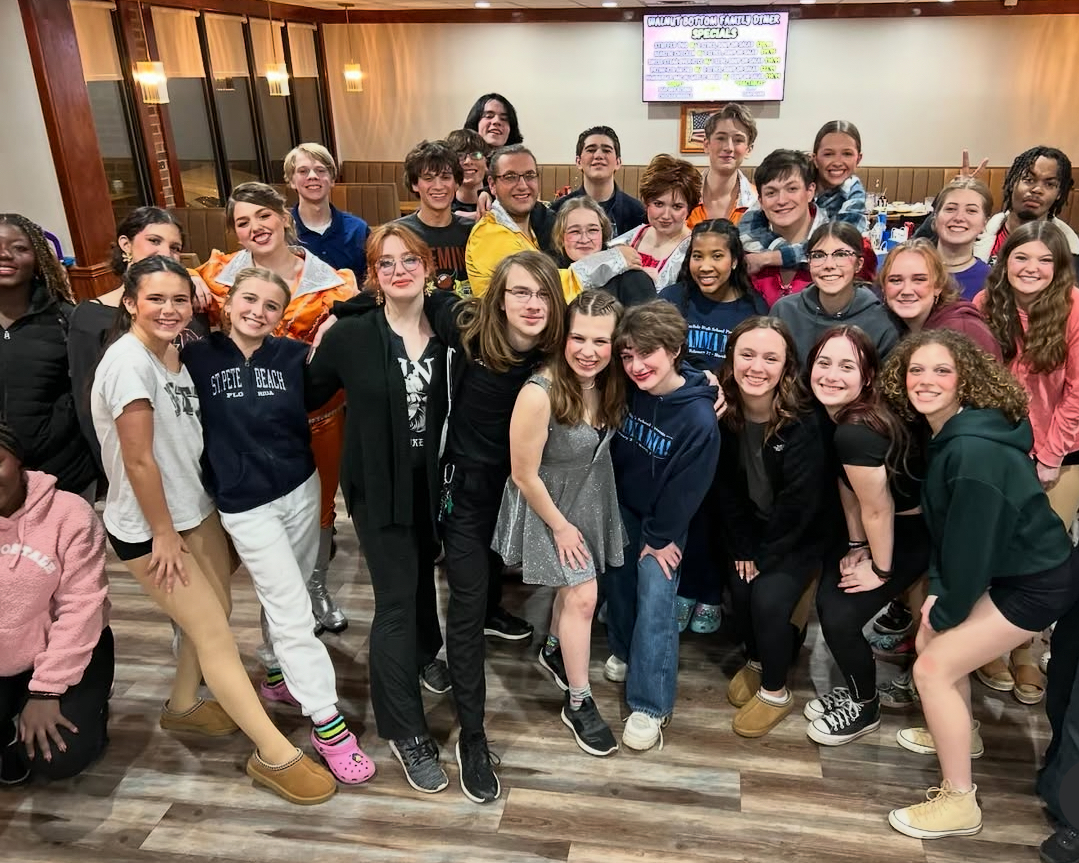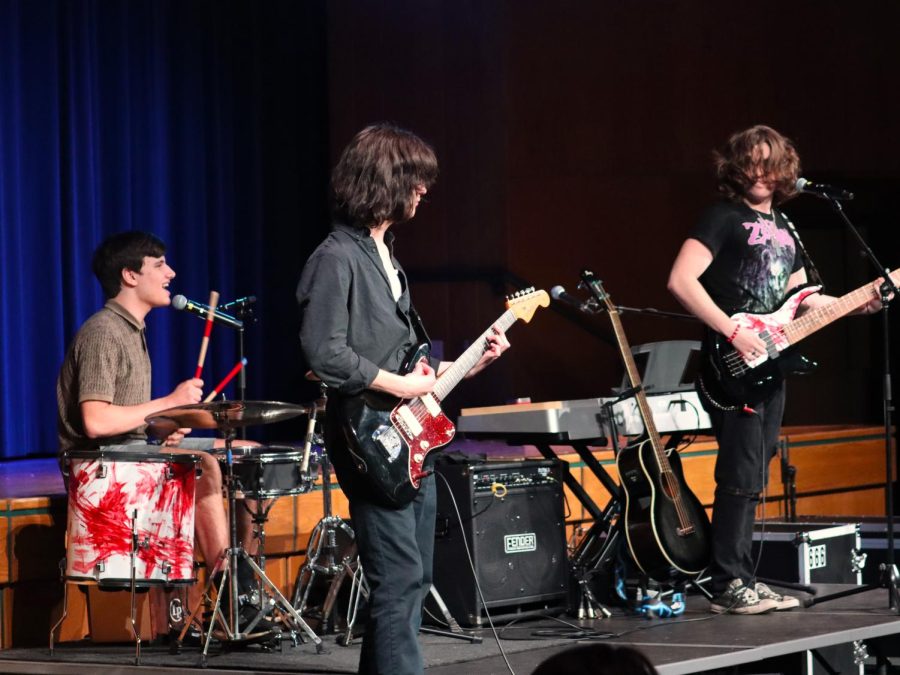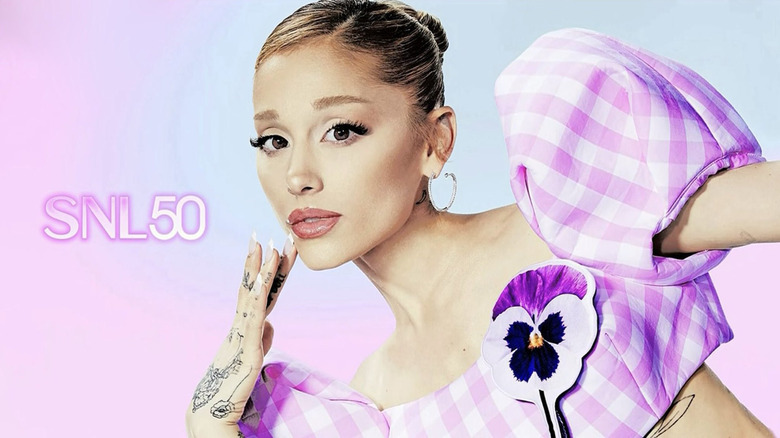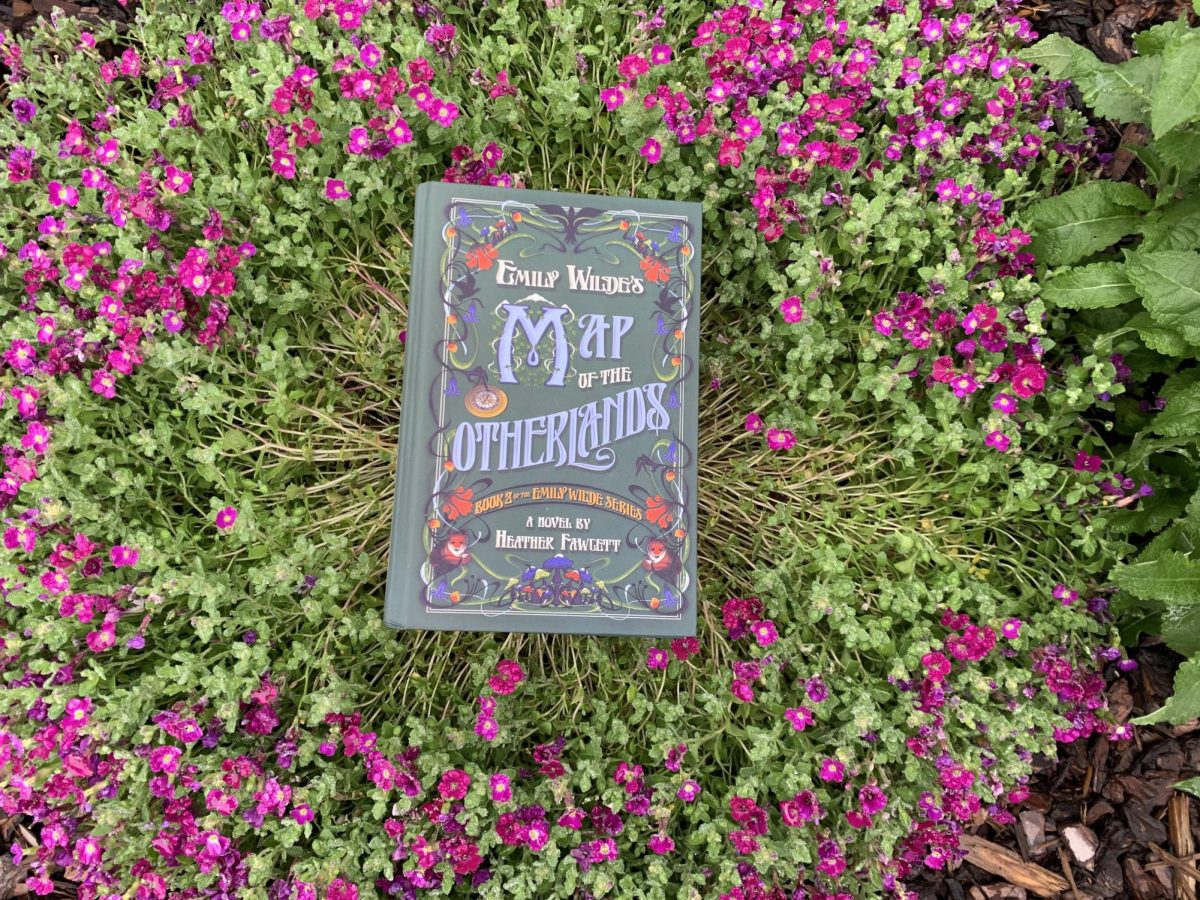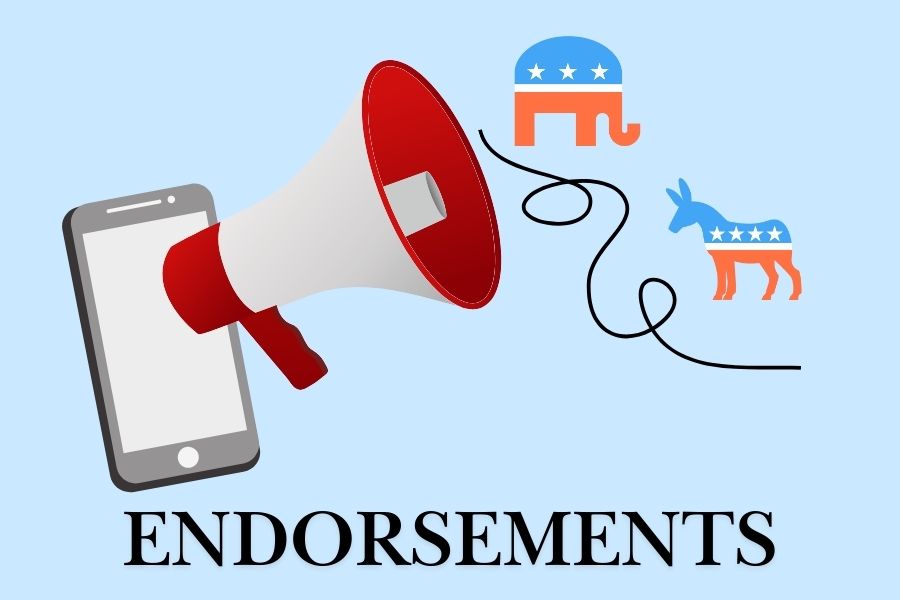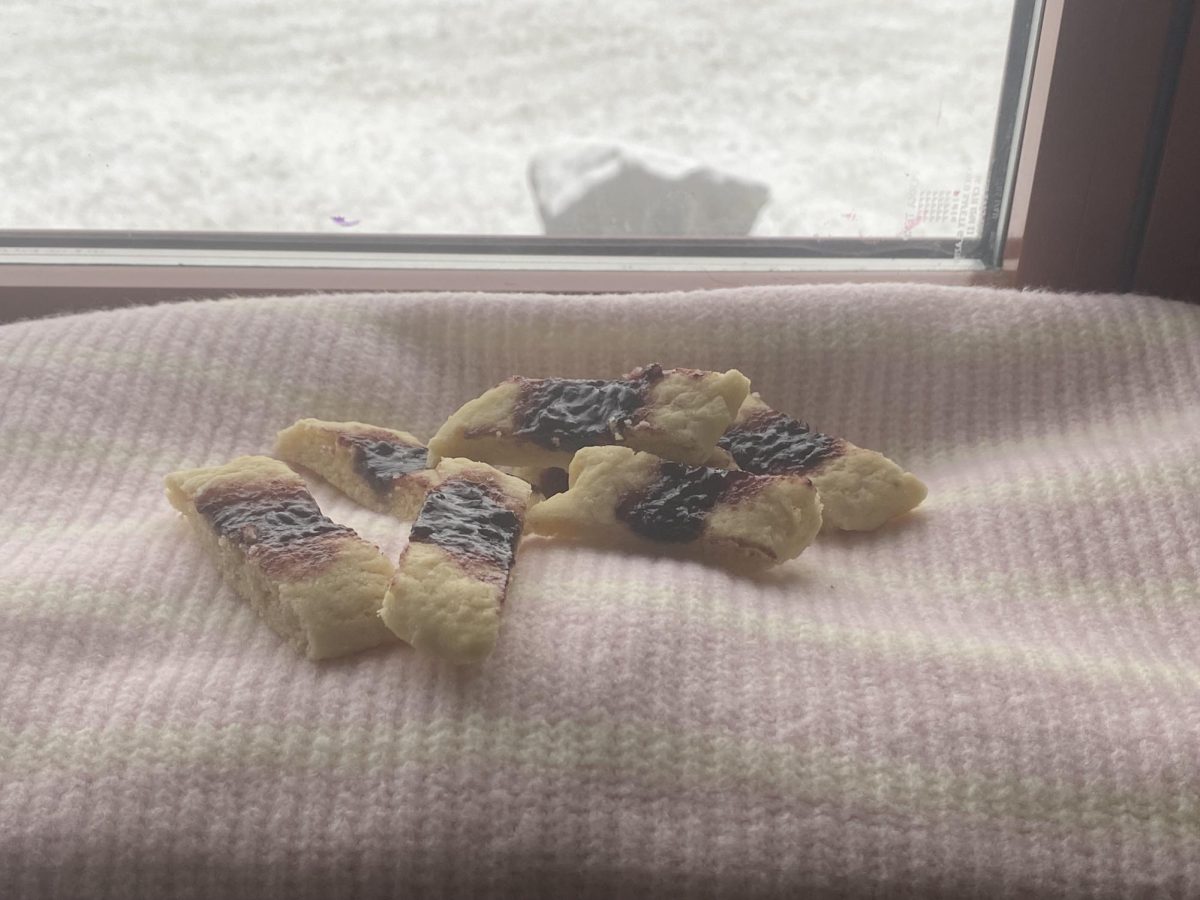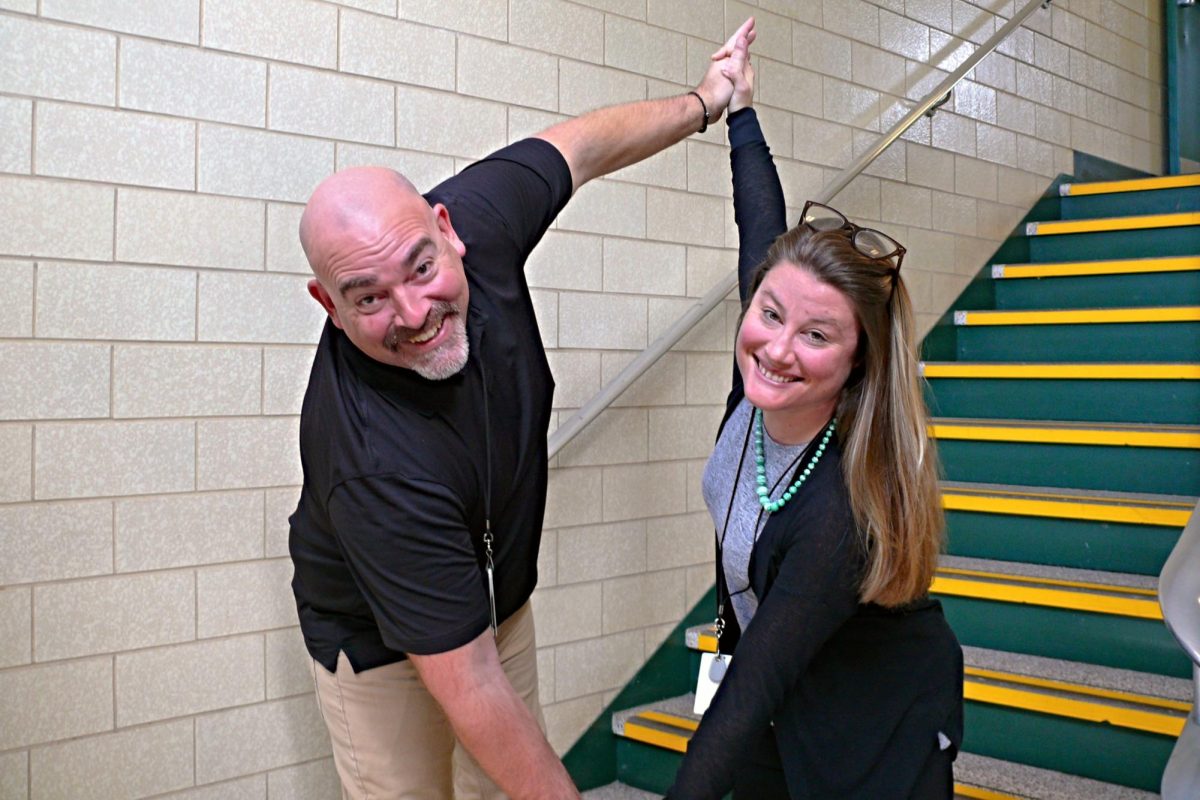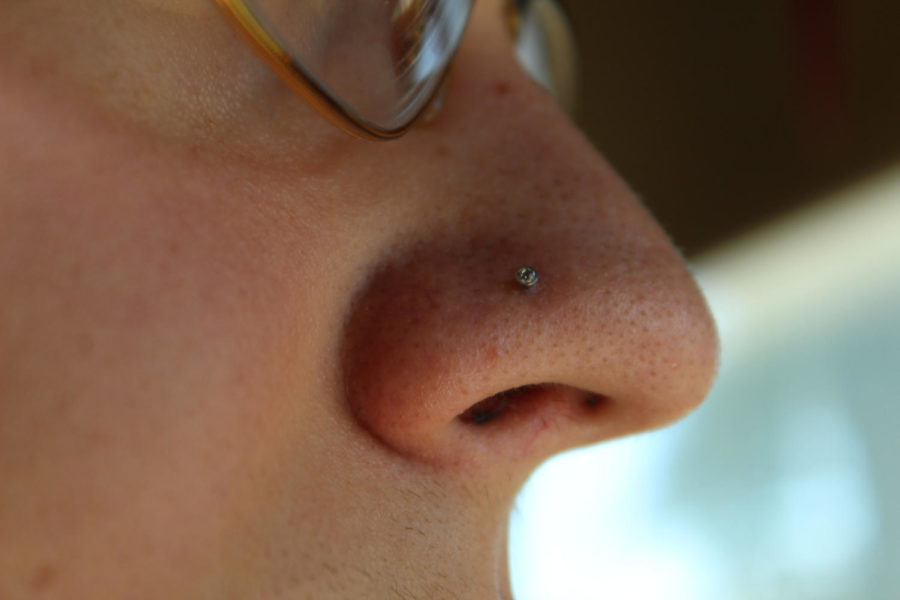Piercings: Why are males harassed for their choices? (Editorial)
Piercings are a common part of our culture, however some males face back lash for their choice to get them.
Piercings are an ever-growing part of our culture; for many, piercings are a way to express themselves.
I have three piercings myself: two ear piercings and a nose stud. I got piercings because I liked the way they looked, and I thought they added character. I liked the idea of having something that is not common among males.
The National Center for Biotechnology Information conducted a study that found that out of 10,503 adults only 788 females had piercings, and that number slimming down to 261 in males.
This means that piercings are already uncommon, and that number drastically increases in males.
Now, I feel very comfortable with my piercings, but some of my peers, and some adults, are not as happy with them.
When I brought up the idea of ear piercings to my family they accepted it, as piercings are pretty common in my family. The moment I brought it up to my male peers, however, I was immediately sneered at.
My intentions didn’t matter to them; it was the fact that I even thought about getting said piercings. The slurs only got worse and worse, using many homophobic slurs against me for a choice that wasn’t theirs.
After a certain period of time, most of them stopped caring and moved on. A few people relentlessly showed signs of disgust; not at the idea of ear piercings, but that a male would have piercings. These insults seemed to get amplified once I got my nose pierced.
This came as no shock to me, but it’s still a huge issue that I think we shouldn’t have to face.
Little kids and adults do not seem to care about the piercings as much as my peers. It was only my male peers that seemed to jet out at me. Among the male peers that insulted me, I noticed it was more common among sophomores than juniors or seniors.
Mr. Gavazzi, a teacher here at CHS and parent of several children, said he believed the slurs came from a fear of the unknown common in teenagers.
“I think that’s a tough age for anything,” said Mr. Gavazzi. “I think teenagers when they see anything they deem out of the ordinary or not mainstream. They’re gonna question it, and give them a hard time about it, guys especially”
Either way, this is a problem that’s a part of a much bigger web of issues. As students, we need to be more accepting of people being themselves. We need to find out why this is such a big issue, and figure out how to crush it.
Disclaimer: Articles designated as “Editorial” represent the views and opinions of the author, not the 2019-2020 Periscope staff, CHS/CASD administration, or the CHS student body.
Want to help the Herd? Please consider supporting the Periscope program. Your donation will support the student journalists of CHS and allow us to purchase equipment, send students to workshops/camps, and cover our annual website hosting costs.
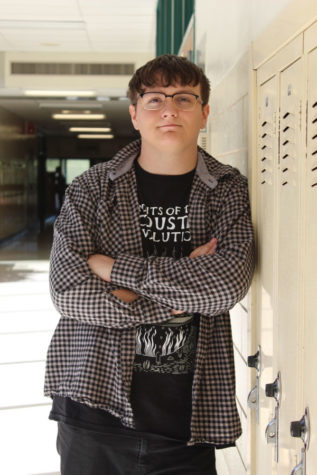
Ayb is currently a sophomore at Carlisle High School and this is his second year in Periscope as a Perspectives staff writer. Ayb loves to write his opinions...



